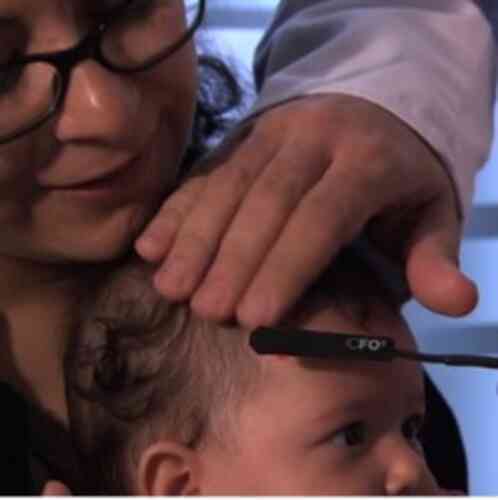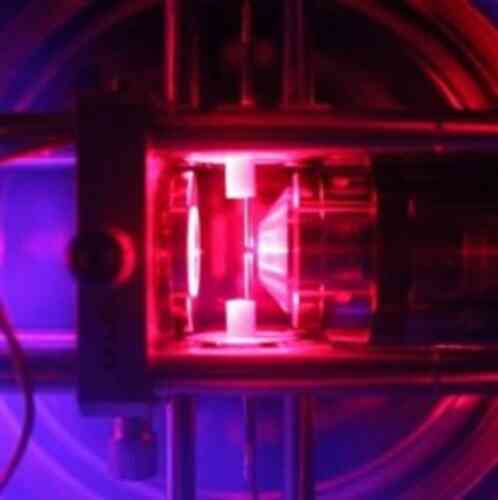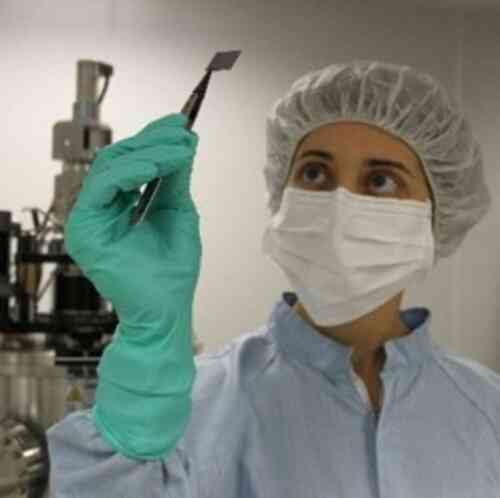ICFO decide game
Group 5 – Participant 1
Story cards
Read all the cards from this category, choose the one that looks more interesting to you and explain it to the rest of the group.
laura lorenzo
Story Card 3
I have always thought that artificial light could only bring us benefits as it allows us to live and work regardless of the hours of sunlight in a day. However, yesterday my neighbor, who is a big fan of technology and science, explained to me that artificial light can disrupt the life cycles of living beings.
There are many things left to understand about light pollution: that’s why she invited me to participate with her in a citizen science experiment to help researchers study the consequences of the exposition to artificial light. Who would have thought that walking and taking pictures with my cell phone could contribute to science!
health
Francesca falcó
Story Card 5
I don’t know how I would do it without the internet: all the music I listen to, the stories I read, the photos I share with friends, the videos I watch, … everything is in the cloud!
Did you know that the cloud is not as ethereal as its name suggests?
To distribute information in an ultrafast way around the world, we need an optical fiber network that physically connects all continents and cities, running even on the ocean floor. In this way, the enormous amount of data that is sent every second can reach our devices in no time, be it the data needed to run a hospital or a video of kittens, and all transported by photons!
Information and cybersecurity
teresa torres
Story Card 9
I work in the quality control department of a food company and photonics is an ideal tool for our work, because it allows us to do our analyses in a non-invasive way, without damaging the products. We use photonic systems for very different processes, from controlling the shape and color of fruits and vegetables, to measuring the amount of oxygen inside the packages to make sure that the food inside does not decay too soon. Some of our suppliers also use photons to monitor the crops and optimize harvests.
photonics everywhere
info cards
Read all cards from this category, choose the two that look more interesting and explain them to the rest of the group.
non-invasive diagnosis and monitoring
Info Card 6
Did you know that photons can penetrate a few centimeters inside our body? In ICFO and Hemophotonics (an ICFO spin-off born in 2013) we use this property to get real-time information about what's going on under our skin (oxygen concentration and blood flow) in a non-invasive way.
This can help medical professionals detect and monitor neurological diseases, as well as improve the diagnosis of certain diseases, such as thyroid cancer. This technology also has applications in the fields of neuroscience, oncology, anesthesiology, diabetes and sports medicine.
Photo: Non-invasive sensor for the early detection of neurological pathologies in premature babies
health
detection of microorganisms in water
Info Card 7
We are used to going to the beach without worrying about illnesses, because there are entities such as the Catalan Water Agency (ACA - its acronym in Catalan) that monitor the water along the beaches, ensuring the safety of bathers. Thanks to photonics, on-site analysis within a few hours will soon be possible, significantly reducing waiting times for detecting the presence of harmful microorganisms.
For this reason, the ACA has agreed with ICFO to develop this technology to monitor the state of the Catalan beaches. This same technology could also be applied in the field of food safety and other industrial sectors.
energy and environment
optical tweezers
Info Card 19
A well-focused photon beam can trap objects and move them in a delicate and precise way: this is not science fiction, but an extremely useful and versatile photonic technique that earned its inventor the Nobel Prize.
You can find optical tweezers in various ICFO laboratories in different areas of application: for example, they are used to trap atoms in order to better understand their properties, to measure the mobility and elasticity of some cells or to study small objects on the border between quantum and classical physics.
(Foto: Optical tweezers in one of the ICFO laboratories)
photonics everywhere
clean room
Info Card 22
In order to push the limits of knowledge in the field of nanotechnology as it’s done at ICFO, you need exceptional instruments, which allow scientists, for example, to evaporate metals or make extremely tiny incisions with electron beams.
With these instruments, ICFO scientists manufacture samples and devices that – thanks to their nanometric structure - allow them to observe new phenomena or to obtain innovative products. In order to do this, they need an extremely clean space, as a single grain of dust could spoil their research. That’s why there is a clean room at ICFO, where different scientific groups can work together to better understand the nanoworld.
Photo: Person observing a sample inside ICFO’s clean room.
photonics everywhere
thinking cards
Read all the cards from this category, choose the one that looks more interesting to you and explain it to the rest of the group.
fundamental or applied research?
Thinking Card 5
It is not easy to predict when a particular technology will be available to society: for example, nuclear fusion has been close to solving the problem of energy production for years, but there have been always unforeseen technical issues that delayed its implementation. On the other hand, some technologies that are now ubiquitous, such as lasers, owe their origin to the curiosity about some fundamental questions, such as the interaction between photons and matter, without a specific application in mind.
How can we choose the research fields that will bring us the most benefits?
RECOVER THE INVESTMENT
Thinking Card 10
Fundamental research, such as that in certain fields of quantum physics, requires economic resources that do not translate into short-term applications. On the other hand, if we limit research to sectors that can give a rapid economic return, it is difficult to reach the solid general scientific basis that underpins technological progress.
How can we solve this "circle"?
DECISIon
The time and resources available to solve important problems affecting society are limited. Imagine being part of the commission that has to decide how to invest the money for photonics research at European level for the coming years: knowing that photonics benefits society in many different ways, how would you distribute funds among the different research fields in photonics?
This is not an individual decision: each group must come to a unanimous conclusion by discussing correctly and rationally based on the facts that you have learned so far. There is no right or wrong answer. Like many things in life, it depends on the point of view you assume, the priorities you set, ...
light for health
Option 1
The pandemic that arose in 2020 taught us that public health is an important sector that affects many more aspects of society. A tiny virus can affect the lives of millions of people in all its aspects, not only health, but also the economy, industrial structure, labor market ...
That’s why it’s important to focus most of our efforts on research projects that can improve and care for people’s health.
light for information and cybersecurity
Option 2
We live in the information age. More and more companies and institutions are collecting and analyzing large amounts of data to improve industrial processes and services for the population. In addition, digital technologies are essential to communicate with each other, whether for work or fun. If information systems fail, strategic structures such as energy networks, traffic control, hospitals, governments, etc. fail, too. Thus, ensuring data security for quick and massive data transfer is of fundamental importance for a digitized society like ours.
That is why it is important to focus most of our efforts on research projects that can improve data collection, analysis, transmission and security.
light for energy and the environment
Option 3
We are in the middle of a climate emergency: to be able to solve it we need new environmental policies and the commitment of society as a whole. Science and technology can accelerate the change of paradigm that we need to save the planet with discoveries and innovative technologies. If we do nothing now, the Earth will be uninhabitable and unsustainable, but there’s still time.
That’s why it’s important to focus most of our efforts on research projects that can help us take care of our planet.
photonics everywhere
Option 4
Photonics is everywhere and has a positive impact in many different aspects of our lives. Sometimes, the same technology (such as the laser) can improve health, information and care for the environment at the same time. There are many global issues and it is difficult to set a priority, especially because they are interconnected.
That’s why it’s important not to focus our efforts on a single field of application: it’s better to diversify our efforts to have more chances of success.













